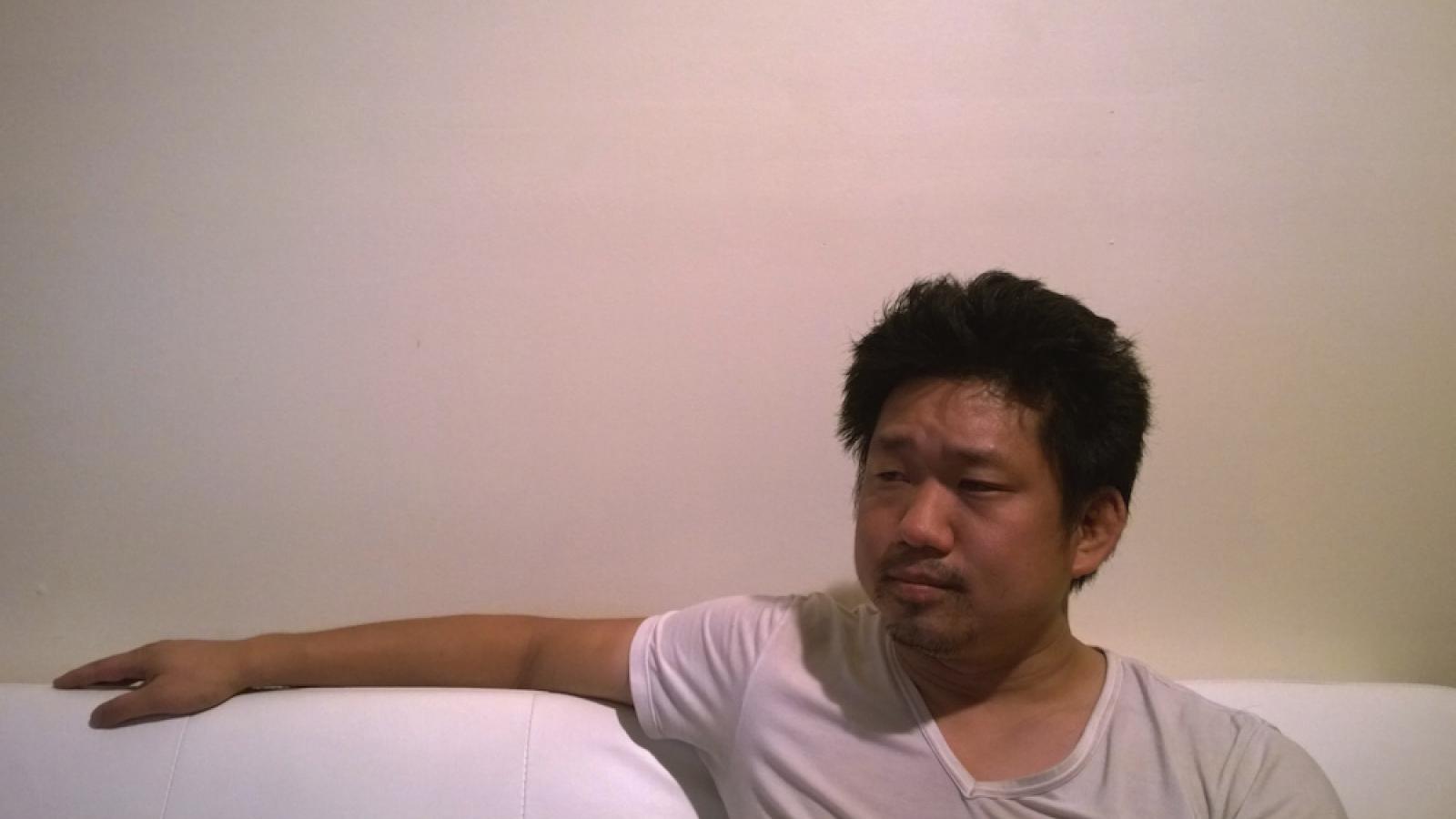Former PhD Student: Andy Choi on Law and Music
Andy Choi received his PhD from Ohio State’s philosophy department, where he studied ethics, philosophy of mind, and history of philosophy (especially Kant’s ethics). After his graduation in 2010, Andy moved to New York City to attend law school at New York University. He is now a third-year litigation associate for the Manhattan law firm Holland & Knight, where he spends much of his time on case-law research. Meanwhile, Andy has been earning acclaim and recognition for his music project, St. Lenox.
Andy’s decision to enter the legal profession was motivated, in large part, by his desire to live in a large city like New York: “Being gay, I realized that it was important for me to live in a big city, if I wanted to meet the right guy. I also wanted to continue doing music, and it helps to be surrounded by musicians and artists – so that made me inclined to try and pursue work where I could live in a big city.”
Although it was not the main driver of his career choice, Andy explains that his philosophical background is very useful and relevant to his work as a litigation associate – in which he must search for cases that contain relevant facts, analyze the reasoning of judges and draft memoranda on the upshot of the case law:
“Legal research requires attending to the reasoning of judges, and in some ways is like history of philosophy. You want to understand what the courts are thinking, so you have to look at what was written – what the facts of the case were – how that might relate to your own case. It’s very messy – but I think a lot of it is not unlike history of philosophy work in terms of trying to understand old writings, and oftentimes old cases will be relevant to the case at hand.”
Outside of his legal career, Andy has been active as a singer-songwriter, performing and recording music under the moniker St. Lenox. Formerly an award-winning violinist, trained at the prestigious Juilliard School, Andy has a long history of music performance -- although he set his music career aside to study philosophy at Princeton and then Ohio State. While a PhD student, however, he began writing music and singing at open-mics in Columbus. As he explains, “When you’re working on your dissertation, it helps to have something that you can do that makes you forget working on the dissertation. So writing and performing music did that for me.”
Andy connected with the label Anyway Records near the end of his PhD career, and stayed in touch after he moved to New York City. He released his debut album, Ten Songs About Memory and Hope, on the label in 2014. Ten Songs was favorably reviewed by NPR, as well as publications like VICE and Dusted Magazine. In October of this year, St. Lenox released a new full-length album, Ten Hymns From My American Gothic -- a recent Editor’s Choice at AllMusic, which PopMatters calls “nothing short of a 21st century pop masterpiece.”
Despite such critical acclaim, Andy does not expect to leave his legal career for music in the near future. “I have a long way to go in terms of building a career out of music,” he says, “I still have to get my music in the right ears, and it turns out that working the press is very time consuming and requires some money and a lot of elbow grease at a minimum.”
As with his legal work, Andy attributes his success as a songwriter in part to his ability to think like a philosopher: “Music and art has a structure and logic behind it. I think if you want to be a substantive artist who is doing something unique, it helps to get a hold of what it is that you’re doing when you make music, and how it is that you think about music. People who have no sense about that have a lot less agency when it comes to writing, and end up being victims of their circumstances. I can go to any open-mic in the country and find a songwriter who offers up an original that sounds like Bob Dylan refrigerator magnets. The problem isn’t that they aren’t truly writing from their soul (whatever that means in folk-psychology) – the problem is that they’re victims of their circumstances and don’t have the wherewithal to escape. Understanding a little about the structure and logic of music is a way to do that. The best musicians that I know are actually mini-philosophers of music – they might not have the terminology, but they grasp the relevant distinctions and can talk about them.”

